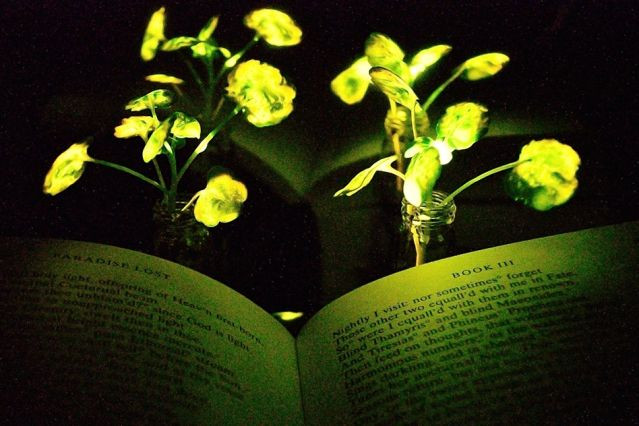Researchers Turn To Plants To Study Effects Of Space On Humans

KEY POINTS
- Researchers aim to study the effects of microgravity on plants
- Plants will be sent on a suborbital flight as part of an experiment
- Space travel could have similar effects on plants and humans
Researchers from the University of Florida are looking to investigate the significant impact of space on plants. They believe their study will also reveal how space affects humans due to the biological similarities with plants.
Researchers Robert Ferl and Anna-Lisa Paul have been studying the effect of space travel on plants since the 1990s. Through space shuttle test flights and experiments on the International Space Station, the researchers were able to investigate how plants react to microgravity conditions in low-Earth gravity.
One of the major changes they discovered is the orientation of a plant’s roots in space. On Earth, roots typically move downwards from the plant’s shoots. However, in space, the roots branch out at random angles.
For the next leg of their study, the researchers are planning on deploying their test plants further into space through suborbital flights. Through these kinds of spaceflights, the plants would be spending more time in microgravity conditions.
In addition, the researchers are hoping to identify the effect of gravitational transitions that occur in suborbital flights. One of the aspects that researchers are hoping to study is calcium signaling, which is a cellular response to external stimuli.
“Our very first spaceflight experiment indicated that being in space changes some aspects of calcium signaling,” Ferl said in a statement. “And calcium signaling in particular is very similar between plants and animals, so we want to better understand that role in response to transitions in gravity.”
The researchers are hoping that their study will provide important insights into the effects of space travel on biological processes. By experimenting with plants, the researchers believe their findings can also be applied to humans.
“About half of the genes in our bodies encode the exact same proteins in plants,” Paul explained. “And that’s very exciting because it means that as we look at how plants behave in the absence of gravity, we can translate many of those basic biological processes to humans.”
Paul and Ferl’s plant experiments were launched via Blue Origin’s New Shepard rocket on Wednesday. The launch was carried out as part of NASA’s Flight Opportunities program.
© Copyright IBTimes 2025. All rights reserved.





















